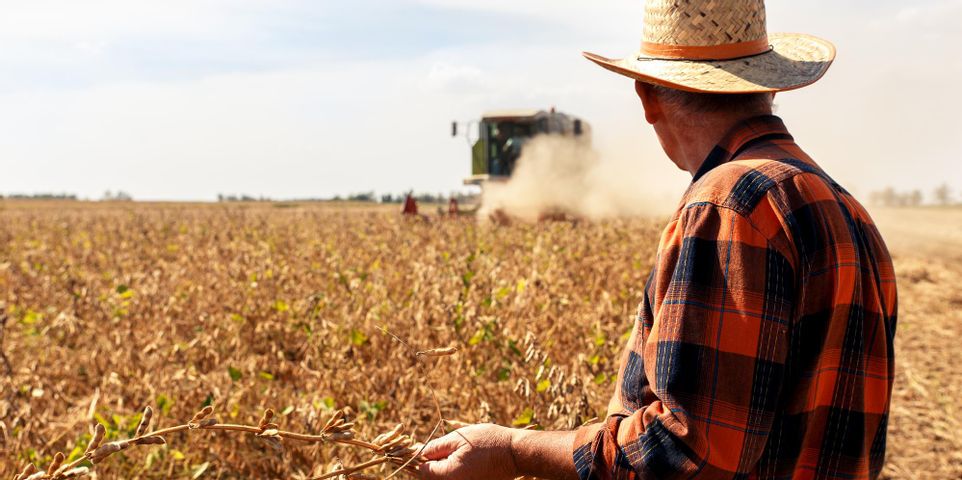
Soybean farming can be an exciting and lucrative venture, but it doesn’t come without its share of challenges. In particular, dealing with soybean cyst nematodes, or SCN, poses a common obstacle to producing a healthy crop. These are microscopic parasitic roundworms that are rarely visible to the naked eye. The frequently asked questions listed below provide a better understanding of this problem and how to deal with it.
What to Consider When Farming Soybeans
What are the signs of soybean cyst nematodes?
Just looking for the signs of SCN in farming soybeans can prove problematic, since physical symptoms are rarely seen. In an advanced stage of decay, the plants will turn yellow and exhibit stunted growth. In most cases, the plant yield will be diminished. It’s more common for farmers to attribute the low return to poor environmental conditions.
What’s the life cycle of this parasite?
The life cycle of the SCN is concise, only lasting up to 30 days, where the environmental conditions are optimal. During this cycle, the parasite starts as an egg, grows into a juvenile, and evolves as an adult. Only the juvenile SCN can infect soybean plants, secreting a protein that transforms the vascular tissue into feeding sites. This allows for easier access to the root. As the females gorge themselves, their bodies swell until the females burst through the skin of the root. The smaller males impregnate the engorged females before dying off. The female dies as her fertilized body becomes home to the many eggs growing inside of it. This egg-engulfed carcass is what comprises the cyst.
How does the environment affect SCN?
 The problem that affects soybean farming is that the optimal growth factors for soybean plants are also optimal for the healthy growth of soybean cyst nematodes. Research has found that environmental conditions that should promote a higher yield of soybeans often fail to live up to expectations as a result of thriving SCN. This is most easily seen in dry, lightly-colored soil, which has the texture of sand. Land with more clay often has a relatively lower SCN population.
The problem that affects soybean farming is that the optimal growth factors for soybean plants are also optimal for the healthy growth of soybean cyst nematodes. Research has found that environmental conditions that should promote a higher yield of soybeans often fail to live up to expectations as a result of thriving SCN. This is most easily seen in dry, lightly-colored soil, which has the texture of sand. Land with more clay often has a relatively lower SCN population.
How can it be prevented?
While it’s impossible to eliminate SCN in the soil, there are methods used in agriculture that minimize their effect on soybean plants. For example, using a high-quality fertilizer and keeping the ground moist will present a less tempting target. Additionally, it’s essential to thoroughly clean and sanitize any equipment used to work in infected fields. This will help prevent the spread of SCN to uninfected areas.
Allied Cooperative was established in 1918 and has spent the past several decades providing support and access to farming products and supplies to farmers in the Adams, WI, area. Whatever agricultural needs you may have, they can provide you with the resources to help. To learn more about them, visit their website, and to speak directly with a representative, call (800) 247-5679 today.
About the Business
Have a question? Ask the experts!
Send your question

